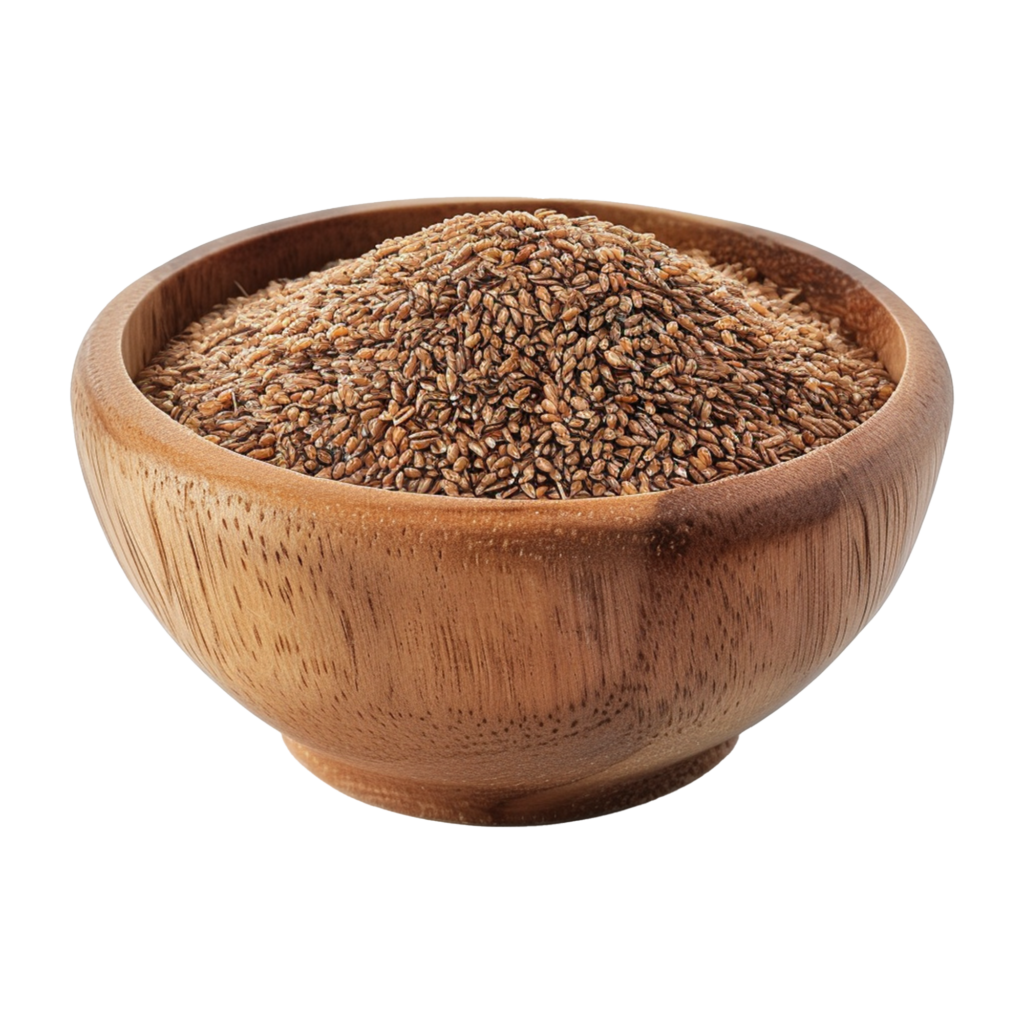
Celery seeds are the tiny seeds harvested from the wild or cultivated celery plant (Apium graveolens). They have a strong, earthy, and slightly bitter flavor reminiscent of fresh celery stalks, making them a popular spice in many cuisines.
Celery seeds are commonly used in pickling, salad dressings, soups, stews, and spice blends. Beyond their culinary uses, celery seeds are valued for their medicinal properties, traditionally used to support digestion, reduce inflammation, and promote urinary health.
Approximate nutritional value of celery seeds per 100 grams:
| Nutrient | Amount (per 100g) |
|---|---|
| Energy | 345 kcal |
| Protein | 19.3 g |
| Total Fat | 18.3 g |
| – Saturated Fat | 2.3 g |
| Carbohydrates | 49.7 g |
| – Sugars | 3.1 g |
| Dietary Fiber | 16.3 g |
| Calcium | 1380 mg |
| Iron | 99.9 mg |
| Magnesium | 253 mg |
| Phosphorus | 313 mg |
| Potassium | 1245 mg |
| Sodium | 61 mg |
| Zinc | 6.3 mg |
| Vitamin C | 2.7 mg |
| Vitamin B6 | 0.2 mg |
Celery seeds offer several health benefits, including:
- Anti-Inflammatory Effects: Celery seeds contain compounds that help reduce inflammation, potentially benefiting arthritis and other inflammatory conditions.
- Supports Digestion: They can aid digestion by stimulating digestive enzymes and reducing bloating and gas.
- Rich in Antioxidants: Celery seeds have antioxidants that protect the body from oxidative stress and cell damage.
- Helps Lower Blood Pressure: Some studies suggest celery seed extracts may help relax blood vessels and reduce hypertension.
- Promotes Urinary Health: Celery seeds have diuretic properties, which can support kidney function and help flush out toxins.
- Supports Bone Health: High calcium content in celery seeds contributes to stronger bones.
- May Help Manage Blood Sugar: Celery seeds could assist in regulating blood sugar levels.
